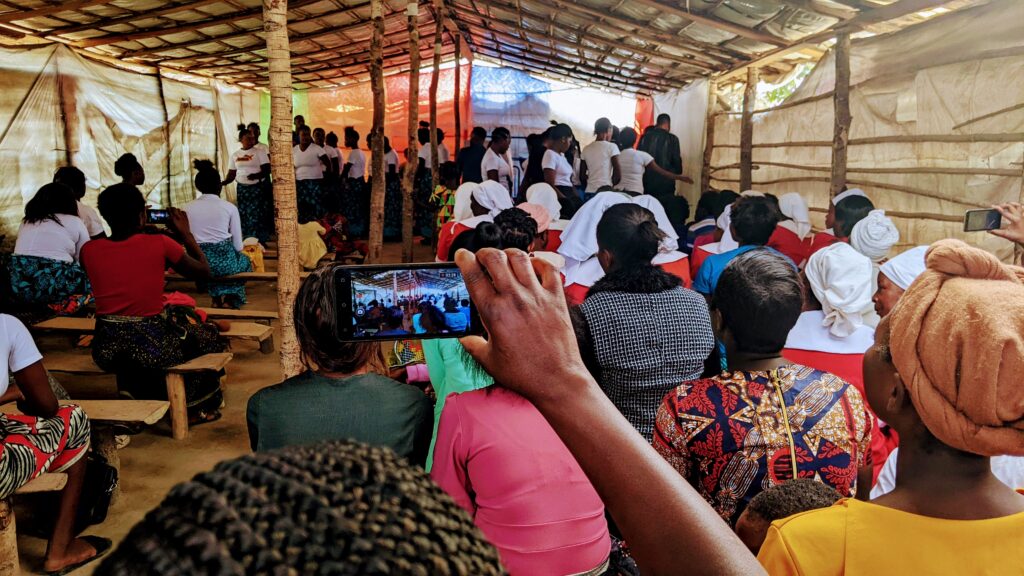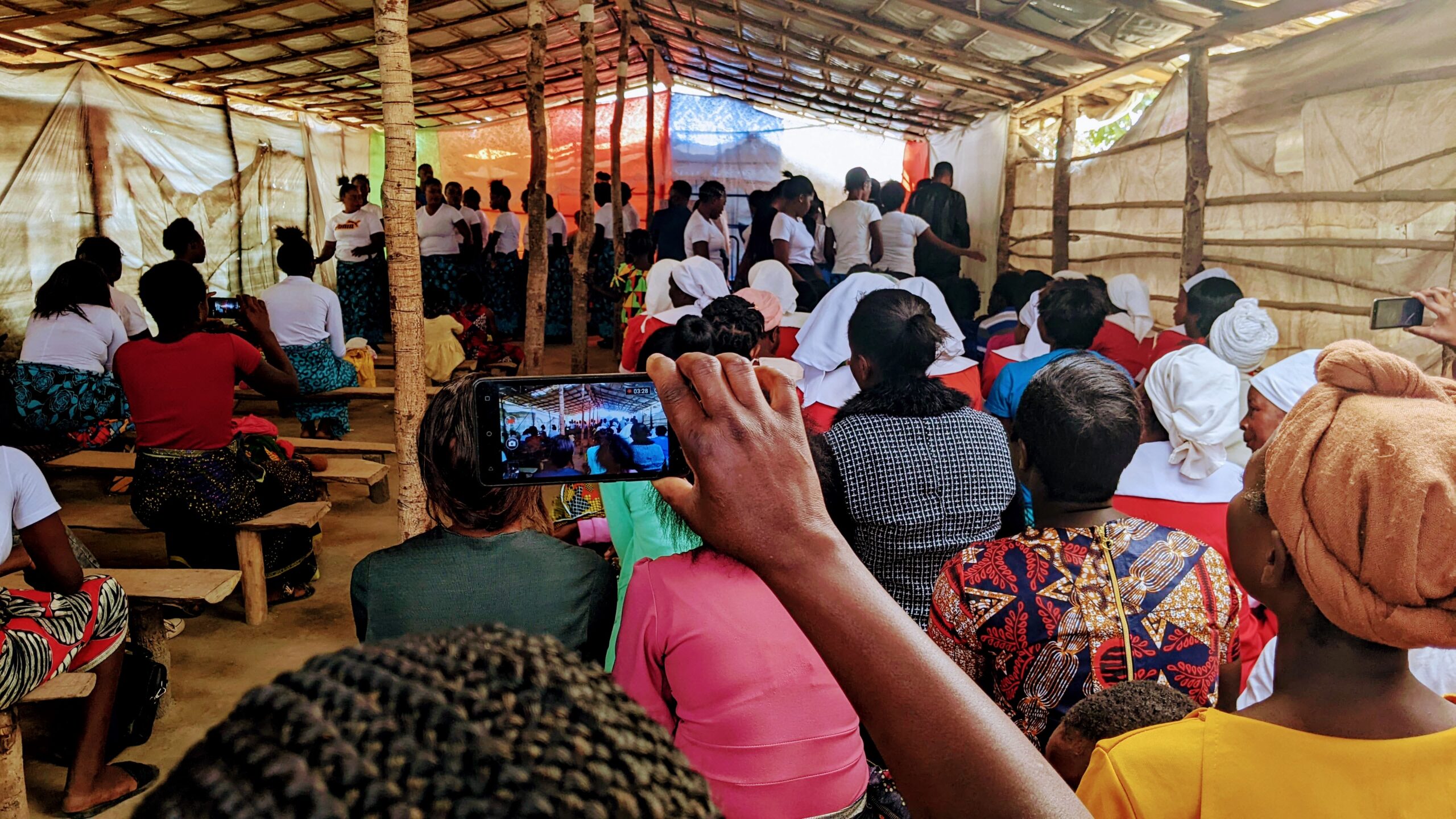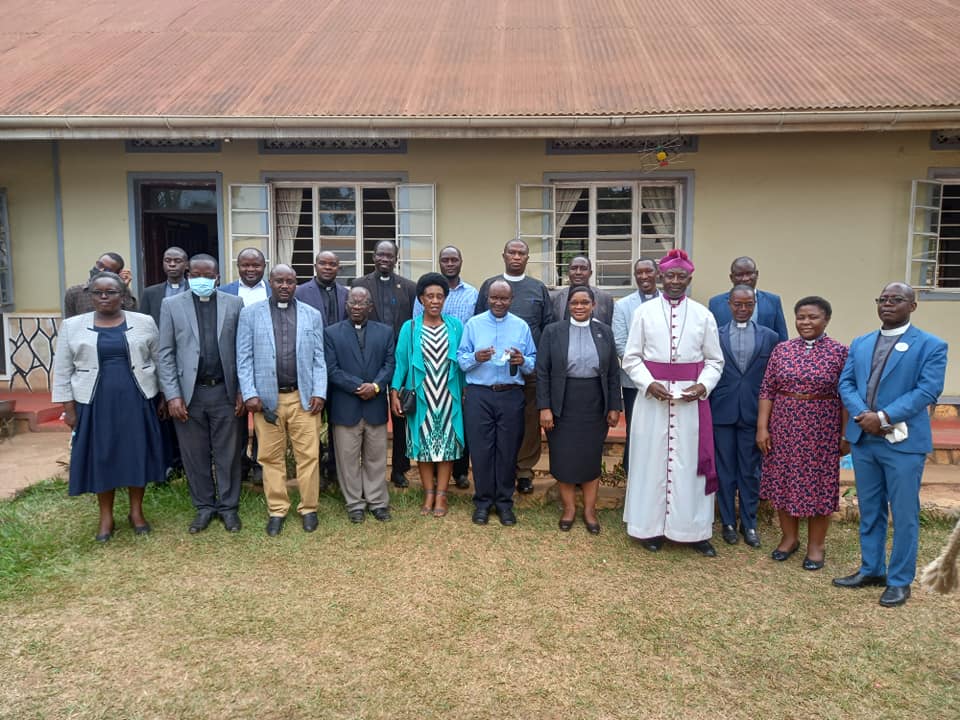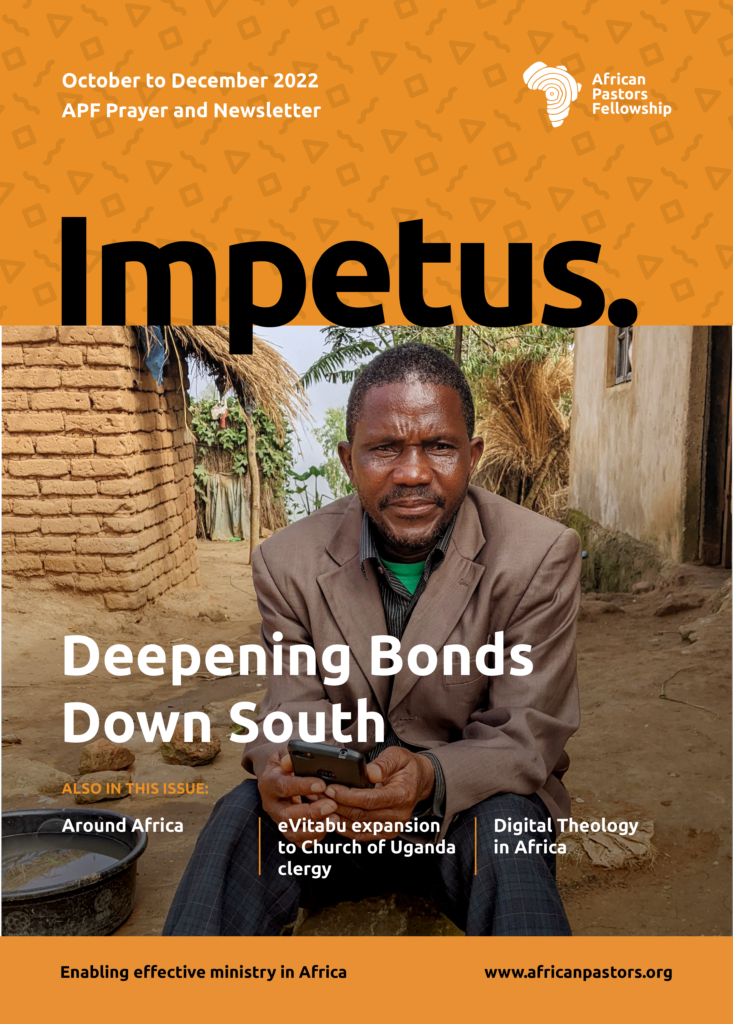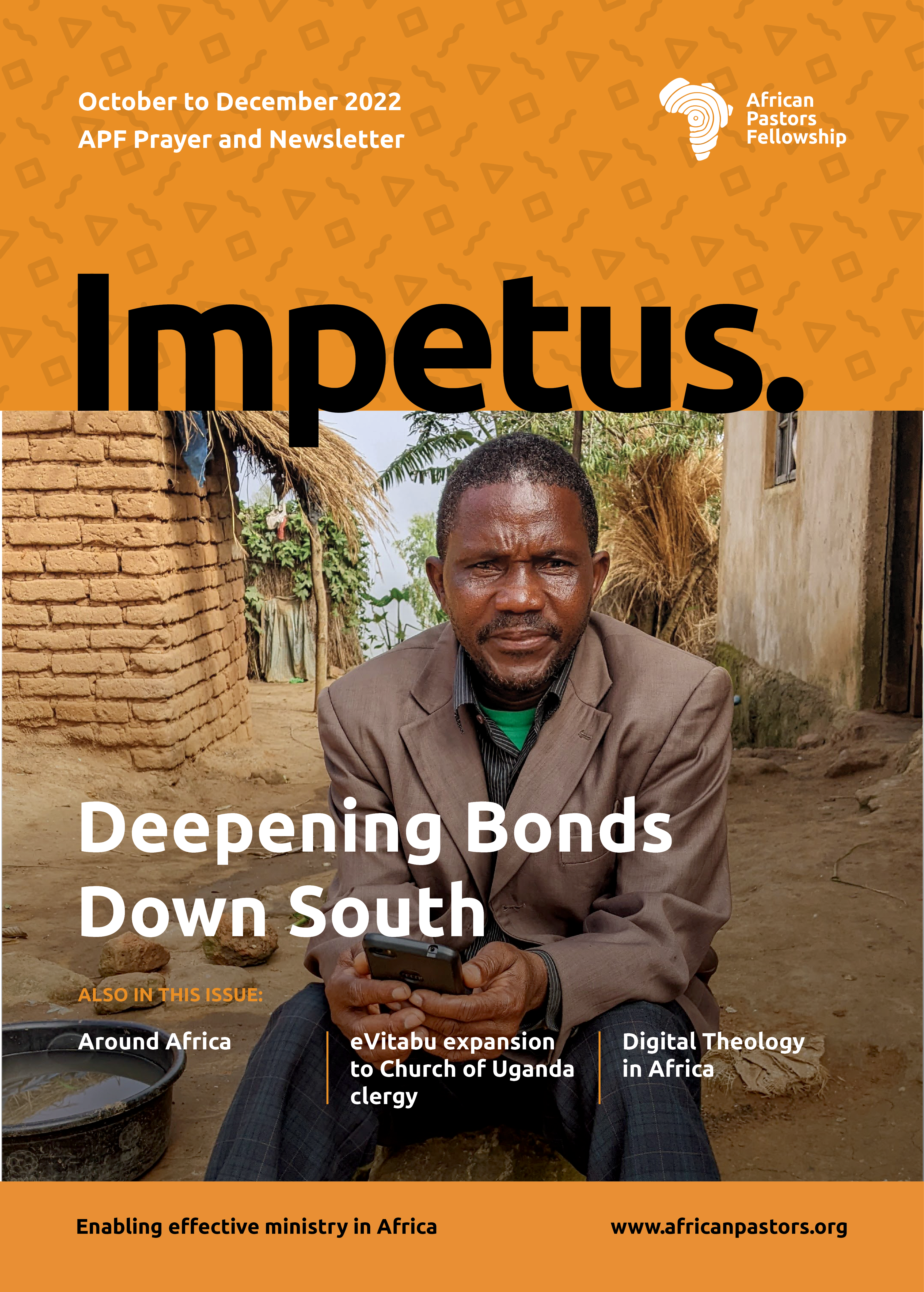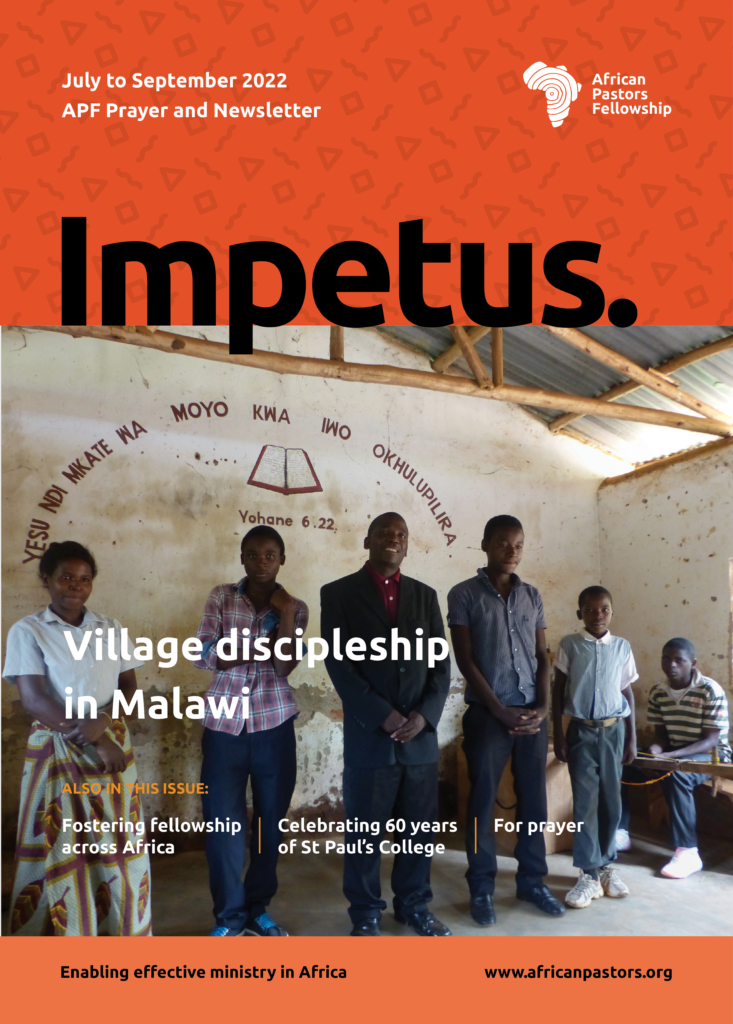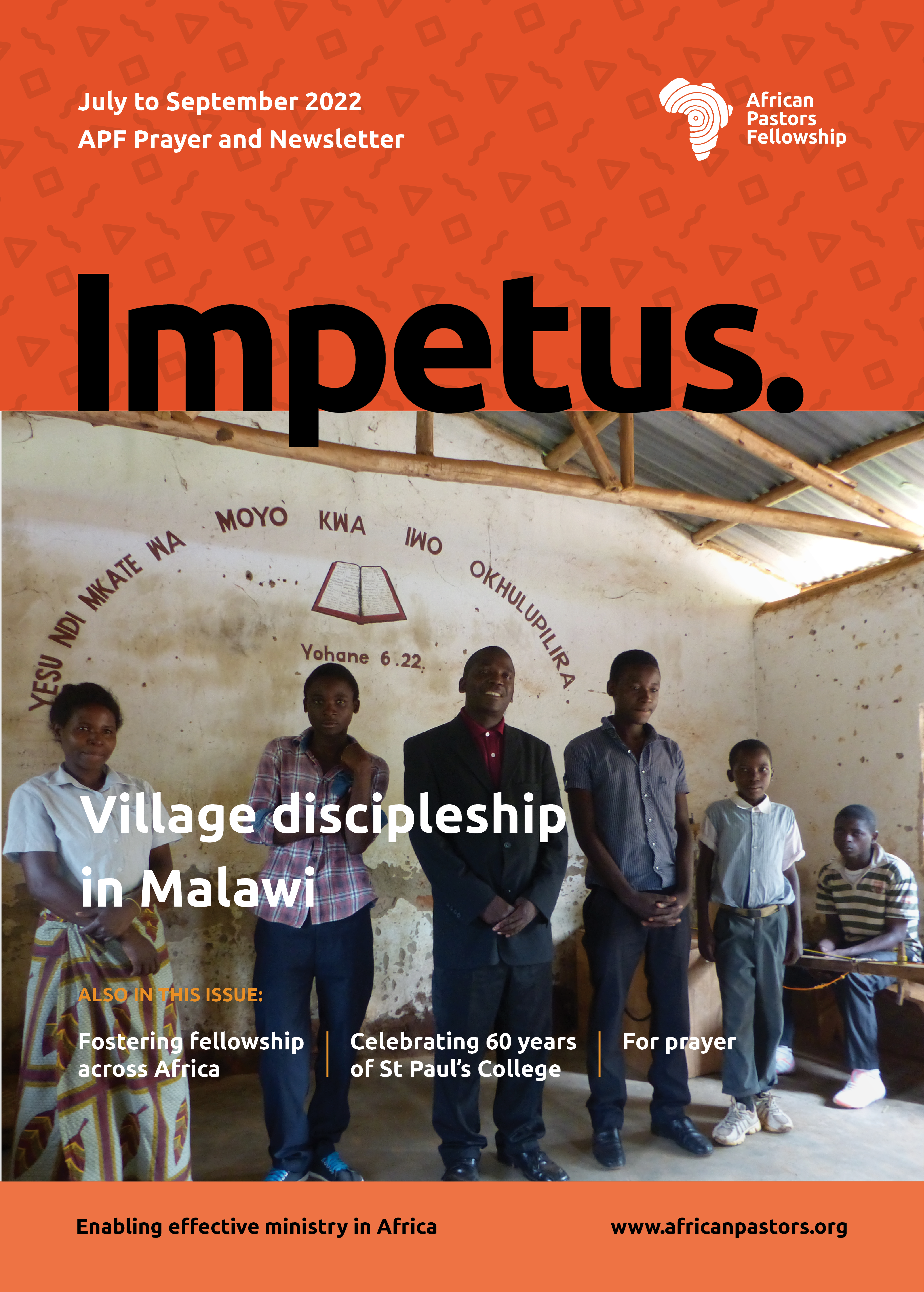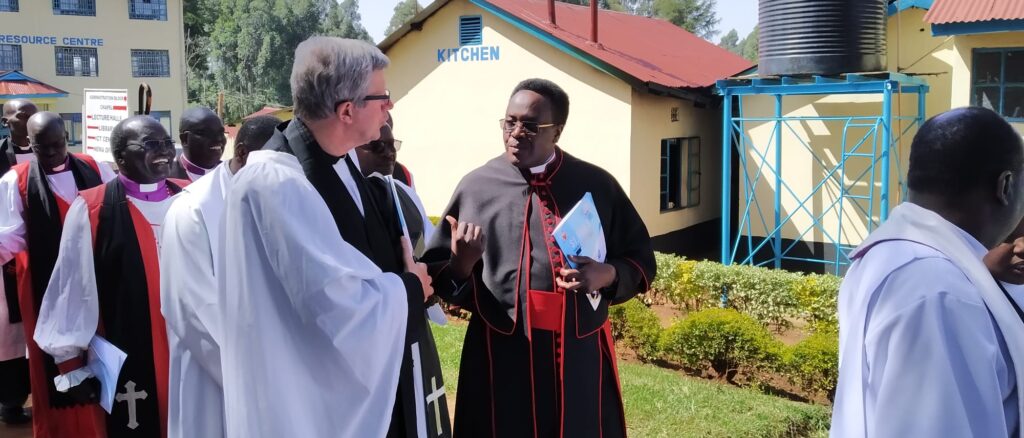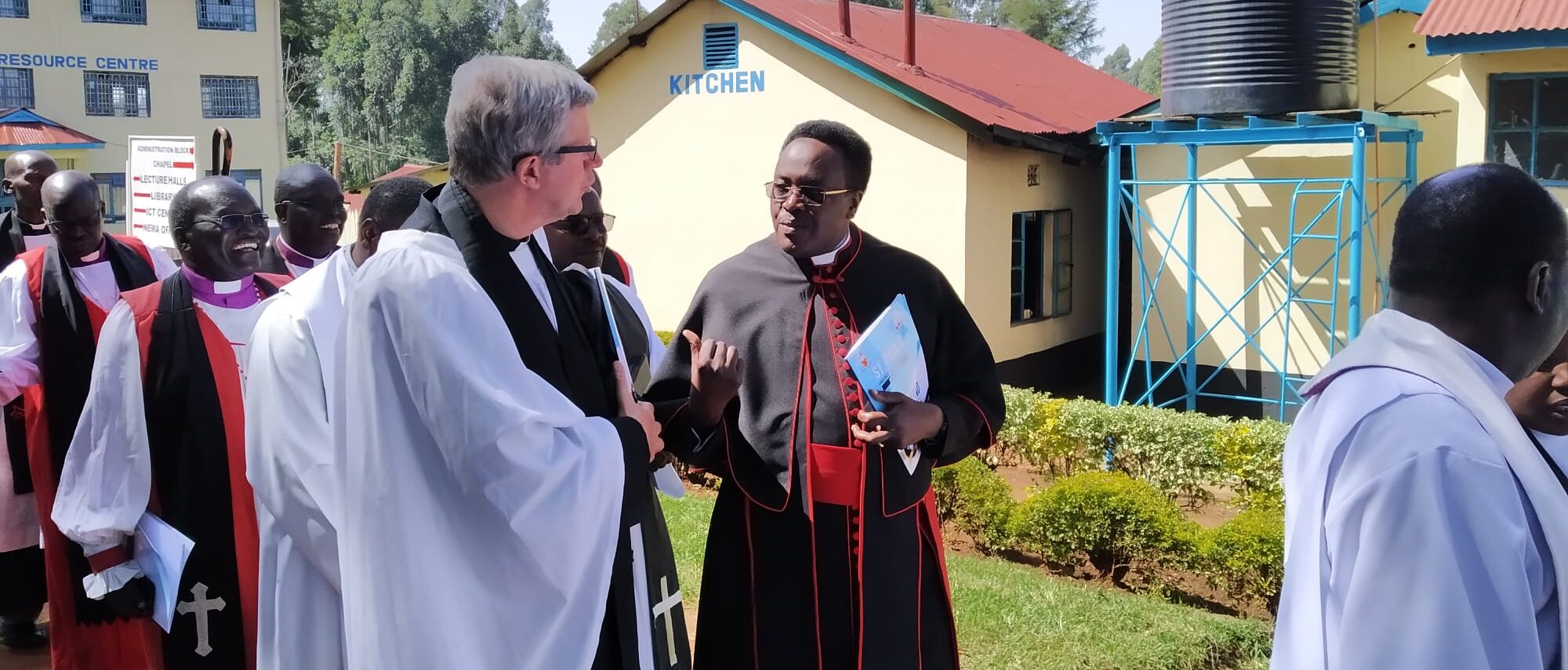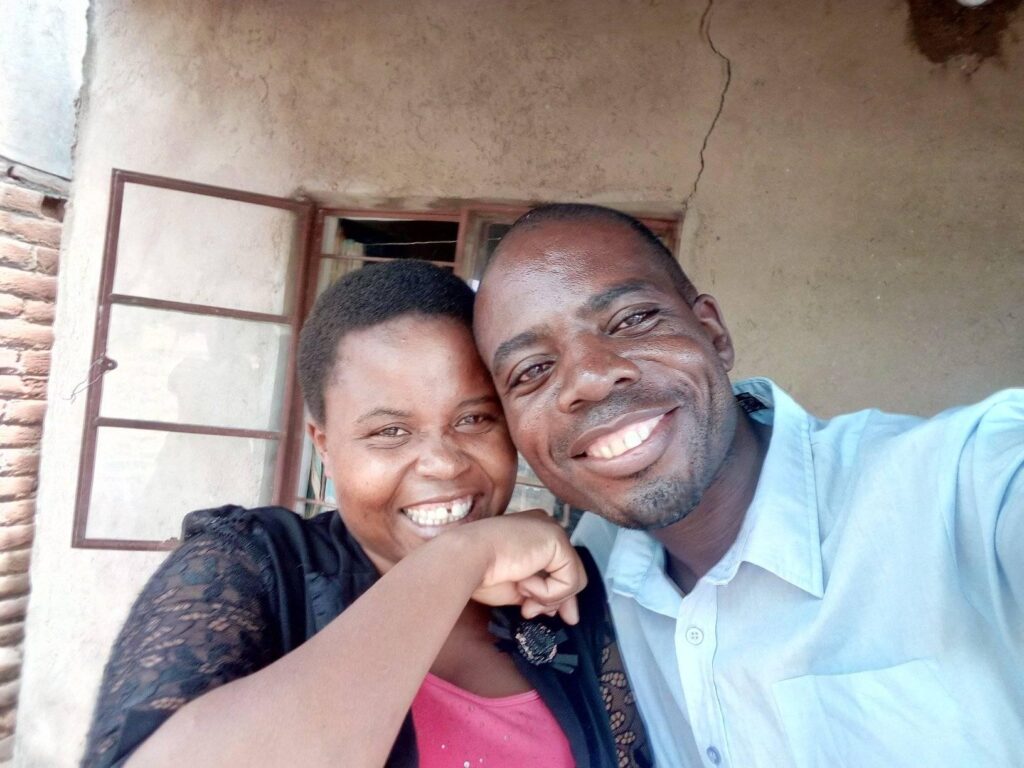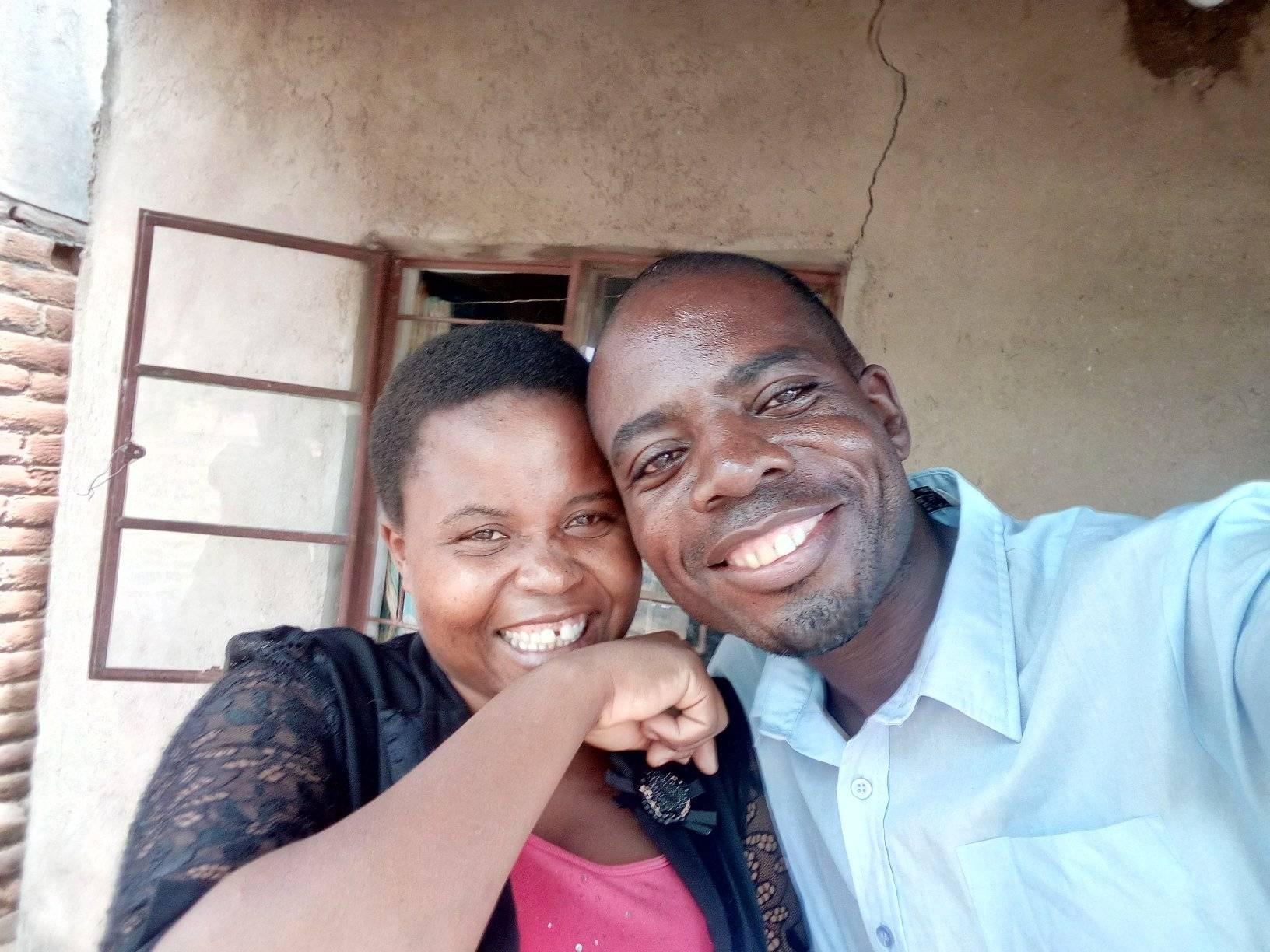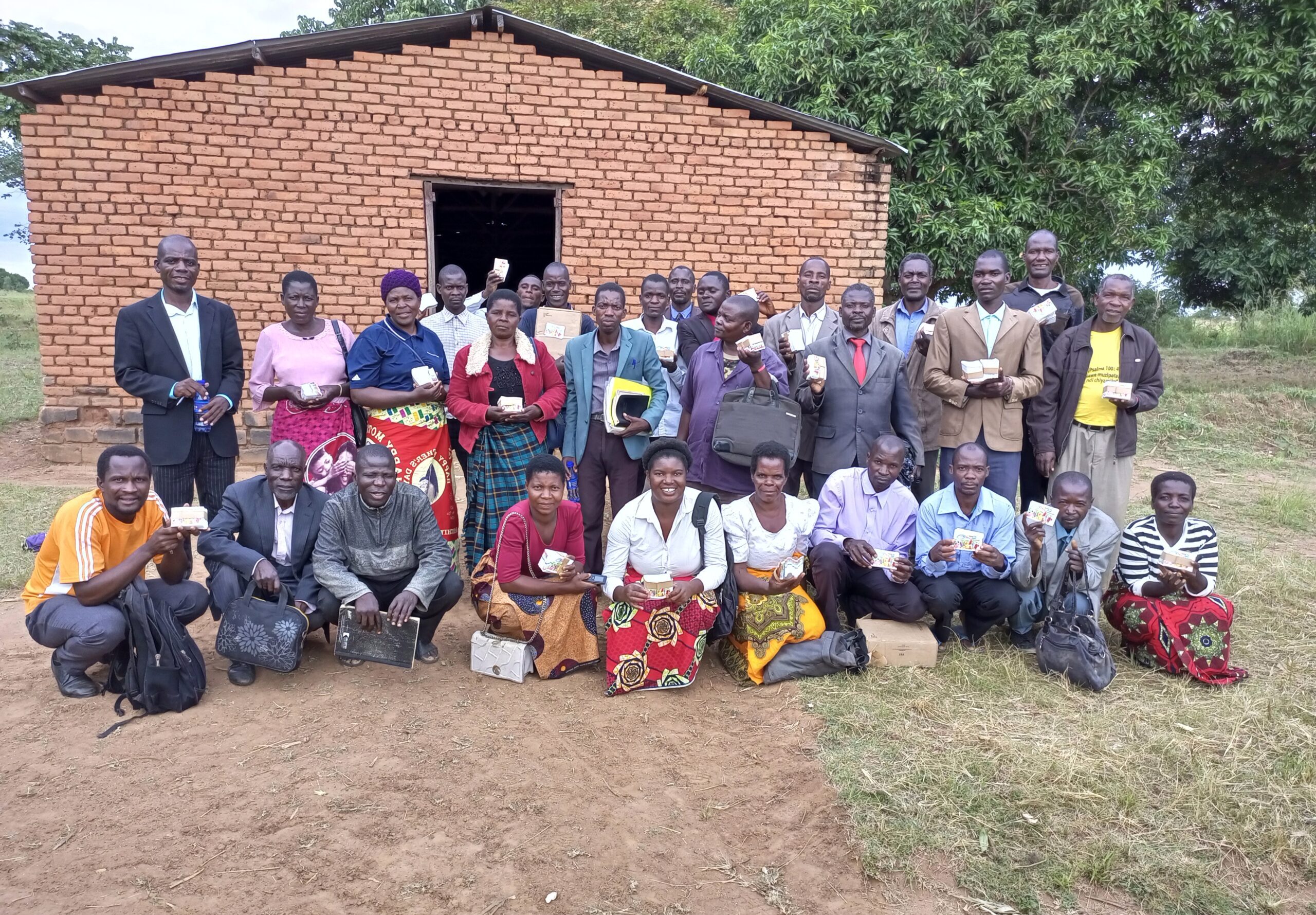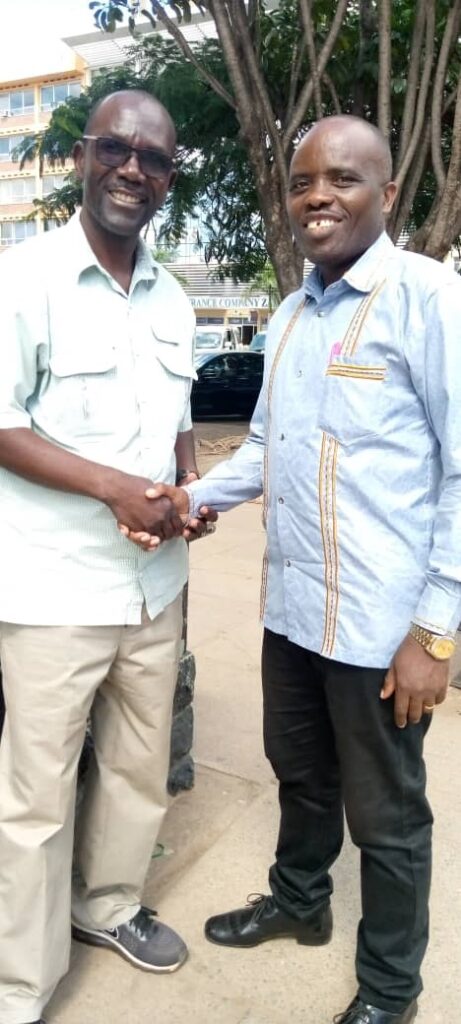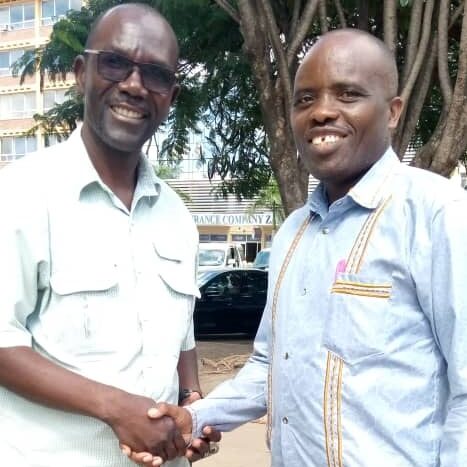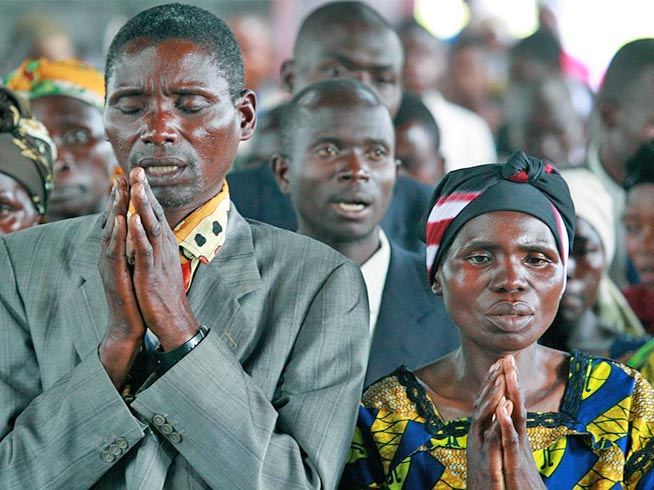
Please pray with us for our partners in Africa.
“As a trainer working with widows and single mums helping them identify local resources to improve their livelihoods, we need your prayers for funds to travel to the places of training and for new training materials.”
Winnie KoechTransformational Compassion Network, Kenya
“Most women in South Sudan are single mothers due to civil war. They have hardships caring for their families. Pray for me and my vision to train them in tailoring and to open a nursery school for children from poor families.”
Harriet Namirembe SokiriNew Nation Church, South Sudan
“Women comprise over half of the membership of churches in Uganda yet face many barriers to fully participating in leadership. Pray that women would be allowed to lead at church and community level in Uganda.
Rose MugabiPastors’ Discipleship Network, Uganda
“I have a few prayer requests so this intercession is highly appreciated. Pray for financial independence for New Beginnings Foundation in our work with victims of abuse and violence, for a lifetime companion and for my health.”
Ivy KabagambeNew Beginnings Foundation, Uganda
“Pray for women ministers in Africa who have to minister and take care of their families, especially now as costs go up and money is a bit tight here in Mombasa and also worldwide.”
Catherine Wanjuguini NgariCatherine Evangelistic Ministry and Vocational School, Kenya
“As we serve our clients, we’re praying we will provide relevant guidance for their organisations. We have some interventions and we really need God’s guidance and the right resources to design and execute them well.”
Brenda AbejaEaglelite Associates, Uganda
“Besides my role as college principal, I was also given responsibility over a local parish while the college was on holiday. However, there is no recess in the college administrative duties. Please pray for me in this challenge.”
Revd Elizabeth CheruiyotSt Paul’s Theological College Kapsabet, Kenya

